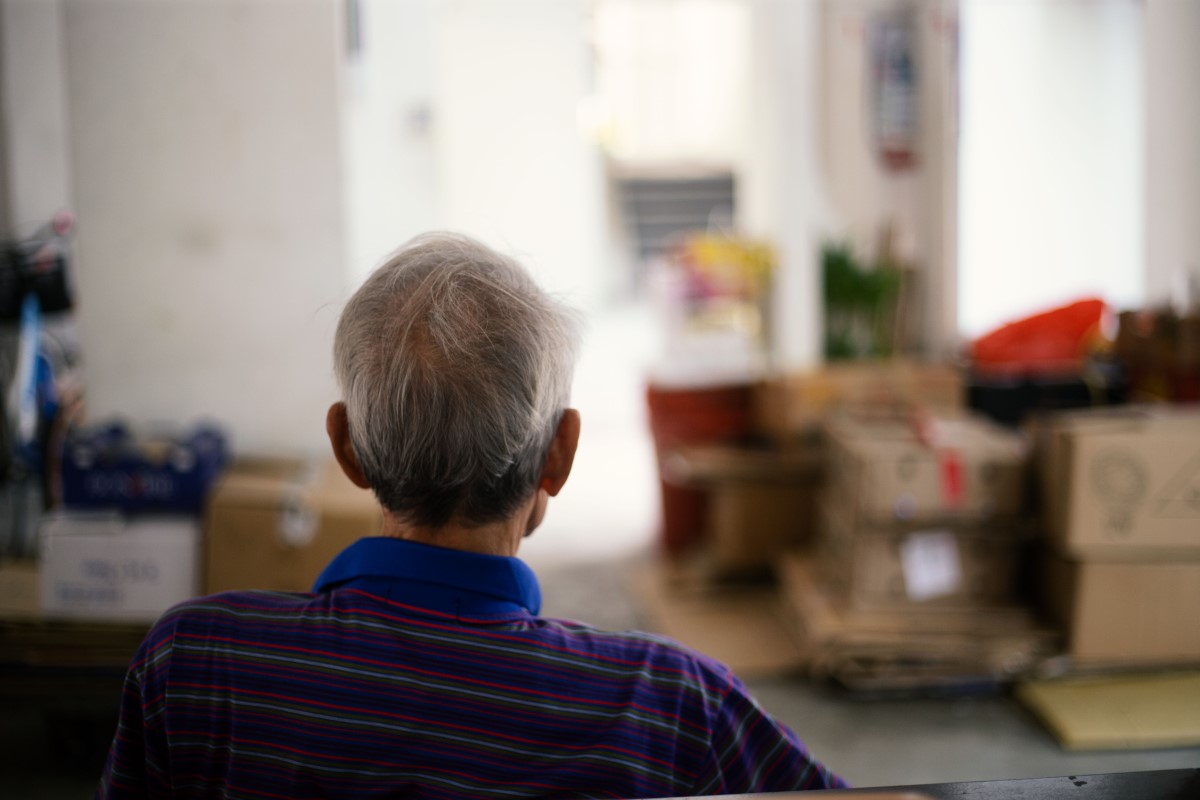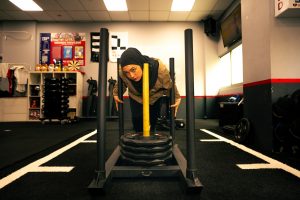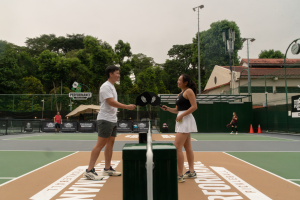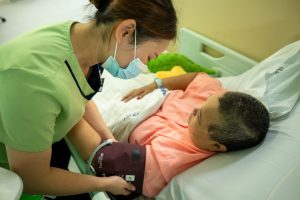Writer’s Note
In the past week, news of 200,000 seniors still unvaccinated has made national headlines. Several ministers have come out calling seniors not to delay their vaccination any further, even asking residents to “pass the message” to their “parents, grandparents or relatives [who] are still unvaccinated.”
The number of unvaccinated seniors was also one of the key reasons Singapore returned to Phase Two (Heightened Alert). Political commentators have come out to speculate why seniors are not getting vaccinated, while others have shared grievances over their belief that vaccinated individuals are being ‘held back’ by those who chose not to get it.
In recent months, the government has encouraged seniors to get vaccinated by allowing them to walk into vaccination centres without appointments, drop by polyclinics for a jab-on-demand, and even visiting them at home with mobile vaccination teams. These efforts have thus far worked at increasing the vaccination rates, but is it enough?
All eyes are on seniors now—for us to live in a reality where Covid is endemic, they need to ramp up their vaccination numbers. But rather than speculating on why seniors are not getting vaccinated or vilifying them for it, we need to understand why this is even a situation at all.
To gain a deeper understanding of the current senior vaccination numbers, we speak to Lim Jingzhou, a Community Worker at the Cassia Resettlement Team and at Merpati Kaki. At the two non-profit community organisations, Jingzhou works closely with seniors every day, even following them to medical appointments.
In a conversation with me through text, and Facebook messenger, he sheds light on issues the general public may have missed or misunderstood, appealing to everyone’s empathy in trying to make sense of the reticence some elderly folks feel when it comes to vaccination hesitancy. Jingzhou’s voice is crucial in helping us understand why so many seniors remain unvaccinated and what we can do to help move vaccination rates alone.
This is what he has to share.
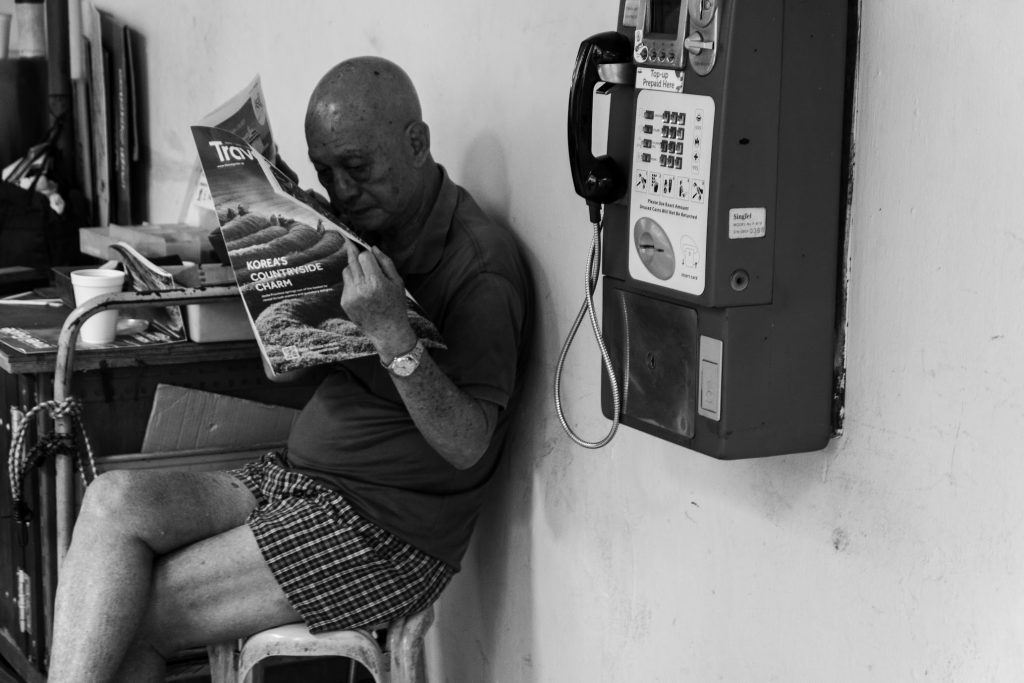
Some seniors are not getting vaccinated because they are not afraid to die
Some seniors have lived long enough to feel that they are ready to accept death should it happen. This may come as a surprise to some of us who are healthy and who are firm believers in Western medicine, but it is the reality.
Part of the work I do involves end-of-life planning, which includes healthcare planning. Listening to the priorities of many older individuals, I have learned that there are some who are simply not interested in furthering their medical treatments, especially when it can be invasive. Some don’t even want to get scans or tests done.
The most some seniors do is go for regular check ups at the polyclinic to get medication for chronic diseases—nothing more. You can see how for some of them, vaccination is not necessary. It’s self-interested, I know, but that is human tendency.
We should also understand that the speed at which the vaccine was developed is something unfamiliar for some seniors, and that invites suspicion.
Some seniors are isolated, so they don’t see vaccination as a public health concern
The main motivations to get vaccinated are to keep yourself safe, to keep your loved ones safe, and to be able to go out safely. These motivations are not consistently relevant for all seniors.
Some seniors live alone and have minimal social interactions with others, so they may not see the need to vaccinate to keep their loved ones safe. Some don’t go out much because of health or mobility issues, hence they may not even see the need to vaccinate to go out safely.
While these are just some of the reasons, there are more that we may not know about. We don’t, and we shouldn’t rush to conclude.That is why the government should start tracking all the reasons why people are not getting vaccinated and make the aggregated statistics public. Only then can we ascertain and take proper, intentional steps to address the issues properly.
Seniors may be impacted by the spread of misinformation
A fellow volunteer informed me the other day that there has been gossip circulating in the community that a senior passed away due to complications from the vaccine. This is far from the truth, and I would know because I’ve been working closely with the resident before and when illness struck, and eventually made the resident’s death certificate.
Some seniors are afraid of making their existing condition worse
With ageing comes an incredibly high prevalence of health conditions. On top of regularly having to deal with new diseases, they also notice that they are suddenly losing the ability to do things they had no issue doing in the past.
This is where their aversion to ‘rock the boat’ plays a crucial role. They see that they have managed to stay moderately healthy so far, and they don’t want to risk that changing, even if vaccine injuries are rare.
Hearing about the side-effects and risks of the vaccine certainly does not help some seniors feel better about a vaccine—one they know little about and may not see a huge need for.
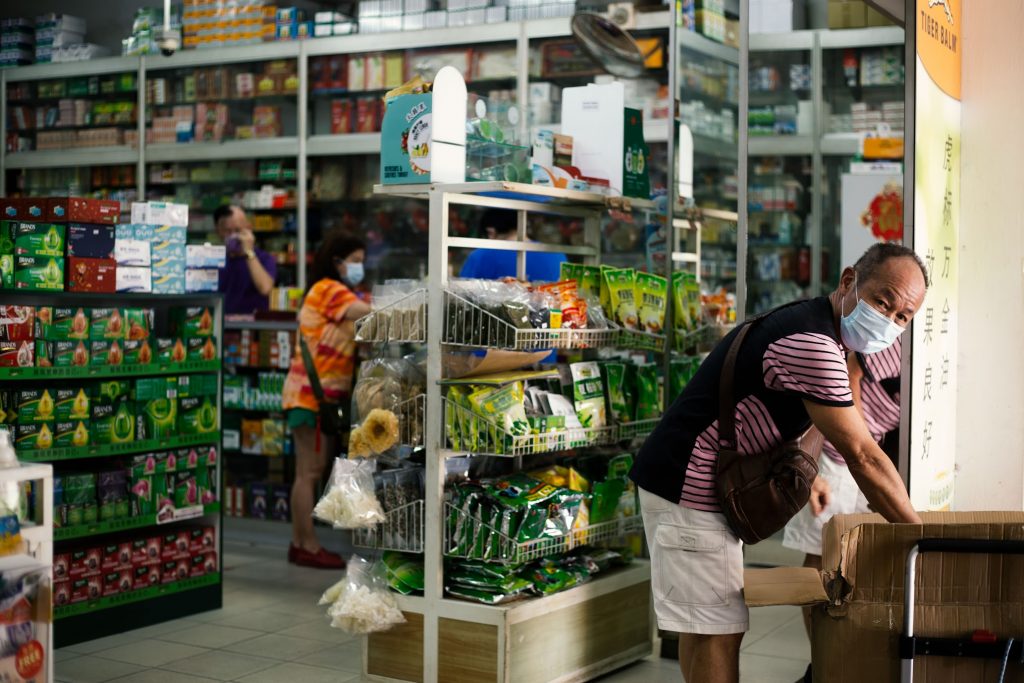
It is not immediately clear for some seniors that they are medically eligible for vaccinations
Because of the combination of health conditions and diseases they live with, there is confusion about whether they are eligible for vaccination. The only authority who can assess and conclude are doctors, but seniors must have faith in them.
For example, they need to feel assured that doctors have access to all their past health records and documentation from the different specialists they see regularly.
There are also some elders who are less literate and educated, and therefore struggle to explain what health conditions they suffer from. At times they can only explain their symptoms, and not the diagnosis they were given in the past.
We need to make it easier for seniors to access medical advice
Because of how the healthcare system works, seniors visit medical professionals from various institutions—polyclinics, specialist centres, hospitals. These visits are spaced out and consist of seeing different doctors. So for them, it is hard to identify who the lead doctor of their care is. From my understanding, that doesn’t even exist sometimes.
Seniors also can’t just walk into a trusted doctors’ office to ask them any questions with regards to their existing conditions. They need to make an appointment, wait, and get advice. The access is severely limited. We could make it easier for unvaccinated seniors to consult a doctor for medical advice on vaccine eligibility, and to link that up seamlessly with vaccination appointment booking.
Improve clarity on the mobile vaccination program
The government has made it possible for seniors to request to receive their vaccination from home. However, more clarity on this program would be beneficial.
There should be a clear eligibility criteria set out to manage the public’s expectations of these services. I would even recommend that they allow seniors who are not eligible, but insistent for home vaccination, to sign up for it. In these circumstances, it could come at a cost and they may need to be placed as last priority, but it is still better that they get vaccinated than not at all.
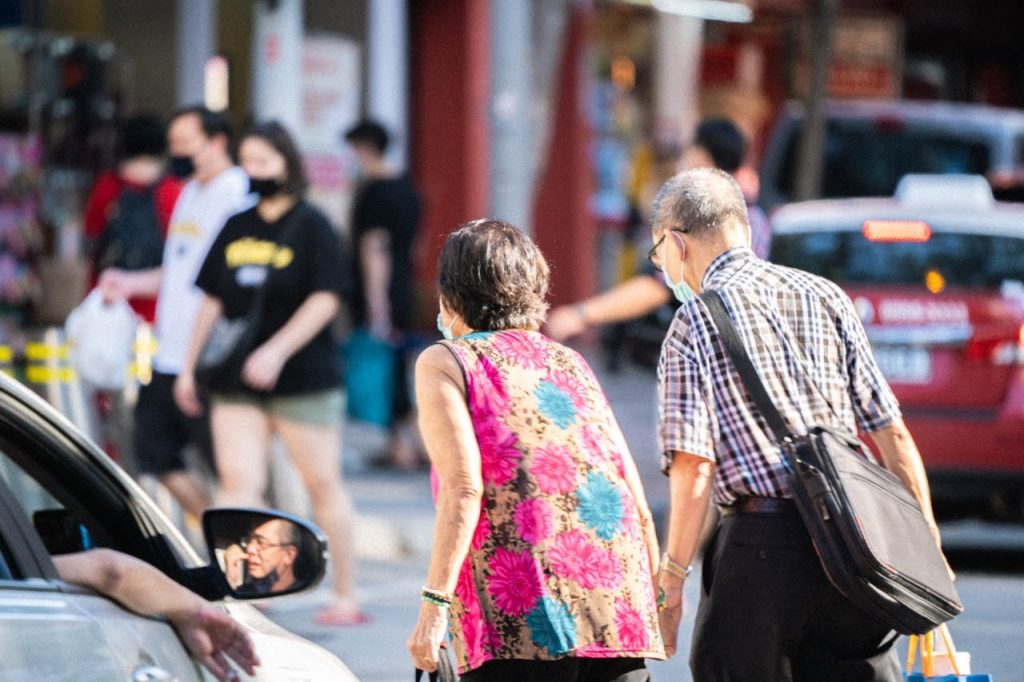
Seniors get discouraged when they are turned away from vaccine centres
Some seniors actually visit vaccination centres multiple times but are turned away. Most times, this is because they arrive with symptoms that make them medically unfit to receive the jab on the day of the visit.
I know some seniors who have been turned away two to three times before getting the vaccine successfully.
We could improve follow-up with these unvaccinated seniors, such as on-the-spot rescheduling of their vaccination appointment. This is because the symptoms they have usually do not make them permanently medically ineligible for vaccination.
We need to be more understanding and patient as a society
I think everyone is going through a hard time because of the pandemic. Individual responsibility and accountability is important, but no single person or community should be blamed entirely for this situation we’re in, nor does anyone wish upon others all the suffering and challenges that we have experienced.
That said, I do think that we need to be careful in how we frame the importance of seniors getting vaccinated. No doubt, it is important. No doubt, we wish to encourage as many people to get vaccinated as possible, no matter who they are or how old they are.
But will the framing and narrative go as far as to outrightly blame people who are not vaccinated for future outbreaks and COVID-related restrictions? Is that healthy for society?
We should avoid a simplistic, homogenous understanding of unvaccinated seniors. Not all of them are un-vaccinated because they stubbornly refuse to do so without a good reason. We must acknowledge that if vaccination is not mandatory, there will be people of all ages who will choose to not get vaccinated even if they are medically eligible. Each of them may have different reasons for making such a choice; both valid and some unvalid. The key question is then how, given this circumstance, we respond in terms of a COVID management strategy.
We must also tread carefully to not create a society which then becomes divided along the lines of whether one is vaccinated or not, especially since it’s not been made mandatory. With that said, I agree that it is reasonable to expect that people who choose not to be vaccinated must live with some of the consequences that accompany the choice they made
What insights have you gained from your profession? Tell us at community@ricemedia.co. If you haven’t already, follow RICE on Instagram, Spotify, Facebook and Telegram.

